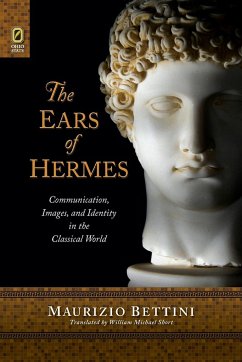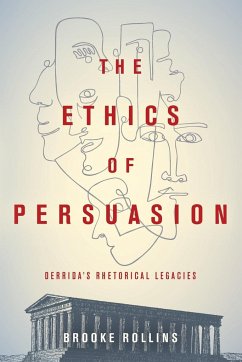Though in many respects similar to us moderns, the Greeks and Romans often conceived things differently than we do. The cultural inheritance we have received from them can therefore open our eyes to many "manners of life" we might otherwise overlook. The ancients told fascinating-but different-stories; they elaborated profound-but different-symbols. Above all, they confronted many of the problems we still face today-memory and forgetfulness; identity and its strategies; absolutist moralism and behavioral relativity-only in profoundly different ways, since their own cultural forms and resources were different. In The Ears of Hermes: Communication, Images, and Identity in the Classical World, renowned scholar and author Maurizio Bettini explores these different cultural experiences, choosing paths through this territory that are diverse and sometimes unexpected: a little-known variant of a myth or legend, such as that of Brutus pretending, like Hamlet, to be a Fool; a proverb, like lupus in fabula (the wolf in the tale), that expresses the sense of foreboding aroused by the sudden arrival of someone who was just the subject of conversation; or great works, like Plautus' Amphitruo and Vergil's Aeneid, where we encounter the mysteries of the Doppelgänger and of "doubles" fabricated to ease the pain of nostalgia. Or the etymology of a word-its own "story"-leads us down some unforeseen avenue of discovery. While scholarly in presentation, this book, in an elegant English translation by William Michael Short, will appeal not only to classicists but also students, as well as to anthropologists and historians of art and literature beyond classics.
Hinweis: Dieser Artikel kann nur an eine deutsche Lieferadresse ausgeliefert werden.
Hinweis: Dieser Artikel kann nur an eine deutsche Lieferadresse ausgeliefert werden.








